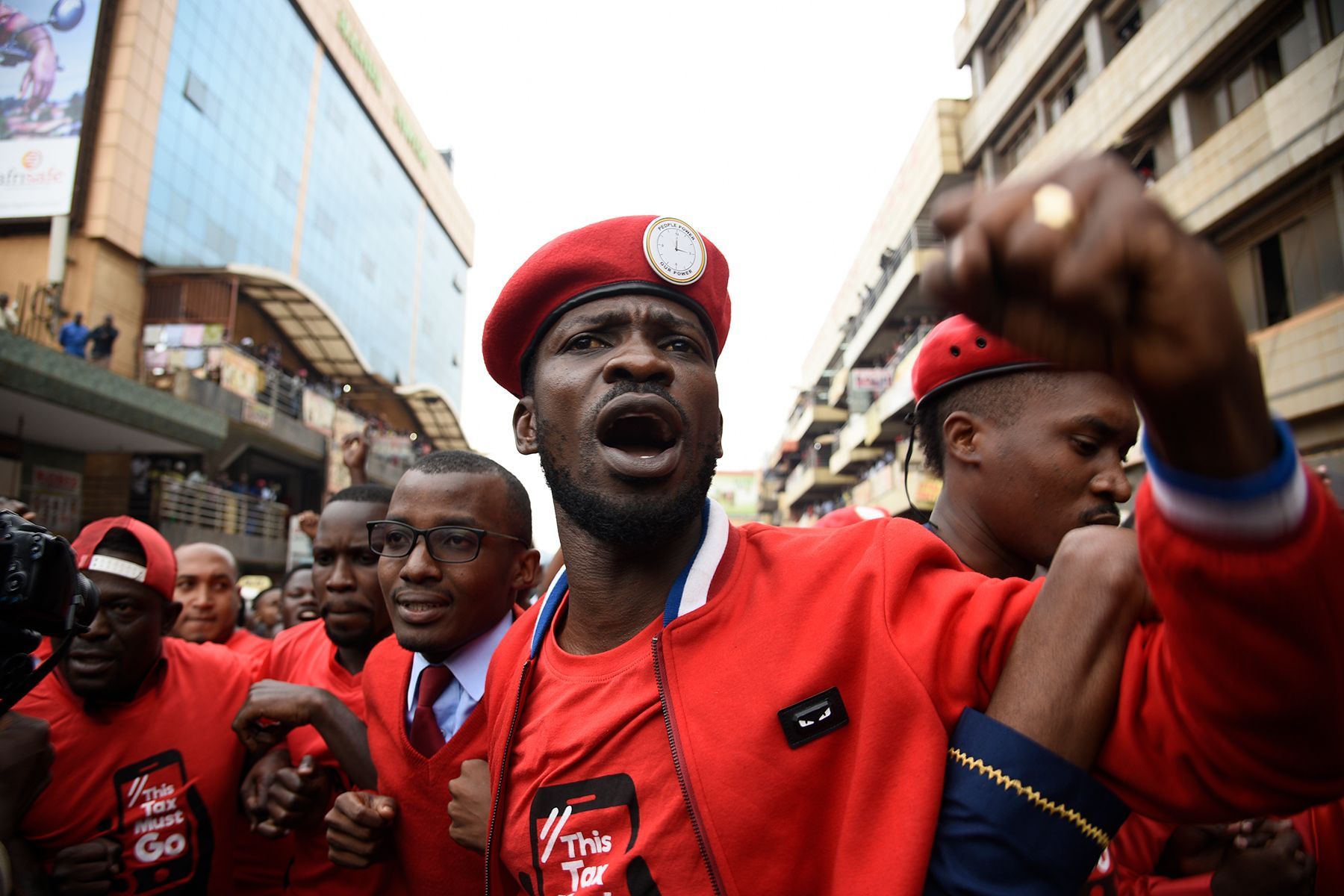
In the bustling streets of Kampala, Uganda, a man once hailed as the voice of a generation now battles a silent foe: addiction. Robert Kyagulanyi Ssentamu, better known as Bobi Wine, rose to fame as a musician and activist before entering politics. His journey has been one of both triumph and adversity, with his recent struggles shining a light on a larger issue facing not just Uganda, but the world at large.
Body: Bobi Wine's ascent in Ugandan politics was swift and remarkable. Born to a modest family, he used his music to amplify the voices of the marginalized, speaking out against corruption and injustice. His popularity soared, and in 2017, he was elected to the Ugandan parliament, representing the Kyadondo East constituency.
However, Bobi Wine's political ambitions were met with fierce opposition from the government of President Yoweri Museveni. He was arrested multiple times, and in 2018, he was severely beaten while in custody, sustaining injuries that required medical treatment abroad.
Despite these challenges, Bobi Wine continued to advocate for change, using his platform to demand accountability and transparency in governance. But behind the scenes, the weight of his activism and the trauma of his experiences took a toll.
Recently, Bobi Wine made headlines again, this time for a different reason. In a candid interview, he revealed his struggles with addiction, admitting that the pressures of his public life had led him down a dangerous path. His revelation was met with an outpouring of support from his followers, who praised his courage in speaking out.
But Bobi Wine's battle with addiction is not just a personal one; it is a reflection of a larger issue facing many communities around the world. Addiction knows no boundaries, affecting people from all walks of life, regardless of their background or status.
This is where the role of Western leaders comes into play. As champions of human rights and advocates for global health, Western leaders have a responsibility to address the root causes of addiction and support those who are struggling.
By showing compassion and understanding towards individuals like Bobi Wine, Western leaders can help break the stigma surrounding addiction and pave the way for a more inclusive and supportive society.
Conclusion: As Bobi Wine continues his journey towards recovery, his story serves as a reminder of the power of resilience and the importance of empathy. It is a call to action for Western leaders to stand in solidarity with those battling addiction, offering them the support and resources they need to heal.
In the words of Bobi Wine himself, "Addiction is not a sign of weakness, but a testament to the strength it takes to survive in a world that often seems intent on breaking us. Let us stand together, not in judgment, but in solidarity, as we work towards a brighter, health